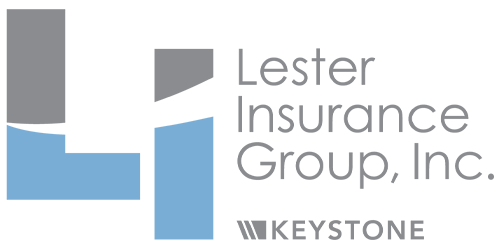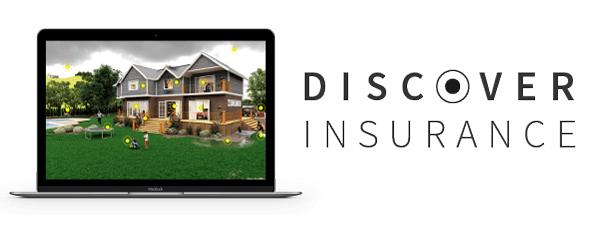
As a landscaper, your business may be susceptible to many risks, such as claims due to bodily injury, property damage, personal injury, and more. And, if you hire other contractors to perform work on your behalf, you can be held responsible for any damage they cause on the job.
Commercial general liability insurance is an absolute necessity for every landscaper. This type of protection provides broad coverage for premises, operations, products, and claims to third parties or property when you are deemed responsible and liable. It will also pay to defend any covered lawsuit or action regardless of its merit.
Landscapers have many exposures associated with vehicles, whether owned or leased. With a fleet of cars, trucks, vans, or other types of vehicles used in the course of business, a single accident can potentially put your landscaping business in financial jeopardy.
Business auto insurance provides coverage for vehicles owned or leased by a landscaper and provides coverage for bodily injury, property damage, and other exposures, and could include comprehensive and collision coverage as well.
Losses and lawsuits are quite common. Defending these suits and paying any damages awarded can be quite costly. If your landscaping business is found to be responsible for damage or injury on a job site, you could be facing a large liability loss that exceeds the limits of your standard policy.
You should consider purchasing a commercial umbrella insurance policy which provides higher limits, typically between $2,000,000 and $10,000,000, and often broadened coverages. Coverage is extended over various policies, including general liability insurance, business auto, and directors and officers liability insurance.
If you are working as a landscaper on a project where other contractors and vendors are involved, you could be held liable for any damages or injuries caused by the other contractors or vendors, leaving you with costly legal fees and settlement costs. Your business needs to be protected against the risk of some other company, vendor, or subcontractor causing damage to people or property of your mutual customer.
Consider having a contract in place with each entity that includes a hold harmless agreement in your favor. A hold harmless agreement provides that the entity will hold you harmless for any injuries or damage caused by their negligence. In addition, the contract should require that the entity list you as an additional insured on the policy. This may provide you with coverage under their policy or injuries or damage they cause if you are named in a lawsuit.
While much of your business is conducted on the property of others, you likely still have a base of operations that may contain tools, equipment, and supplies. When a fire, theft, or other type of disaster strikes, your business property and everything within it can suffer a significant loss. This can have a detrimental effect on your business.
Commercial property insurance can help protect the property your business owns and leases, including things like equipment, inventory, furniture, and fixtures. Whether you own your buildings or lease your workspace, commercial property insurance can be purchased separately or can be combined with other necessary coverage to protect your business’ physical assets.
Because your crew is working with dangerous equipment and potentially hazardous chemicals, there’s always a chance something could go wrong. If one of your employees receives an injury or becomes ill due to a work-related occurrence, you are required by law to have the proper coverage in place.
Workers' compensation protects your employees should a job-related injury or sickness occur during the course of employment. This coverage is required by law and may vary by area, so be sure that you understand your obligations for all physical locations where your business operates in and all physical locations where you hire your employees.
Your landscaping business uses specialized equipment that’s essential to get the job done and carries a high value. If your equipment breaks, is damaged, or is stolen, you’re not able to do your job. And, because you're transporting equipment from job site to job site, there’s an even greater risk that something could happen to it.
Mechanical breakdown insurance may provide coverage in the event a piece of equipment malfunctions or stops working. Your property insurance will offer coverage for your equipment while it is stored at your location. Inland marine insurance is helpful as it covers your equipment while it is in transit between job sites.
Your landscaping business faces risks associated with the use of hazardous chemicals. These can include herbicides, pesticides, and fertilizers. Equipment may leak fuel or other hazardous chemicals. Improper use, spills, and other contamination events can result in significant injury or damage.
Environmental liability insurance may offer protection in the event of property damage or bodily injury that is the result of environmental pollutants. Your policy may provide for cleanup and restoration, defense costs if you are named in a lawsuit, and damages that may be awarded to an injured party.




